Your dog's energy should start to return to. Many will tell you not to eat or drink anything after midnight on the night before.
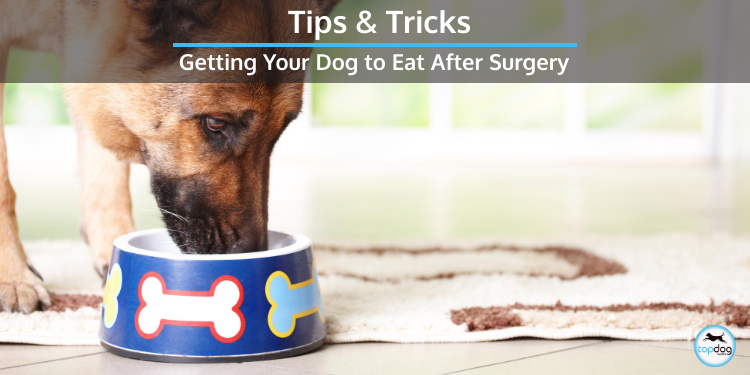
Getting Your Dog To Eat After Surgery Topdog Health
After the procedure, the effect of the anesthesia lasts for 15 to 20 minutes.
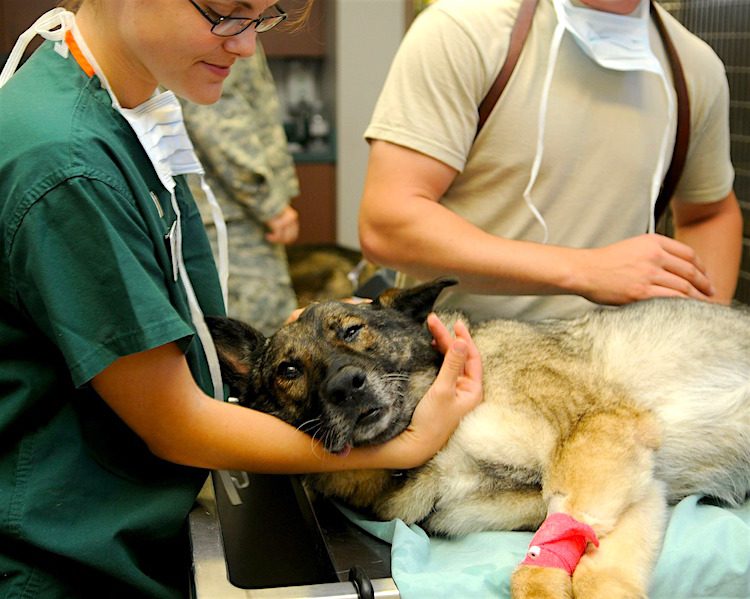
How long does it take for anesthesia to wear off in dogs. Before anesthesia, a preoperative interview with your anesthesia professional supplies valuable information that helps determine your care. Your vet will give your dog a pain reliever medication after surgery to minimize your pup's discomfort. When it’s time for your dog to awaken, he’ll be placed in a quiet crate with warm blankets and will be closely monitored for any problems.
If you don’t stay overnight, you will need someone to take you home because you won’t be able to drive or take public transportation by yourself. During this time, your dog may continue to seem drowsy or low energy. But if they cringe or pull away from your touch, that can indicate pain.
“a dog might be under anesthesia for four or five hours for an orthopedic procedure,” says graham. During general anesthesia, your dog is in an unconscious state, so she is unable to move and doesn’t feel any pain. In terms of how long does dog anesthesia take to wear off completely, the typical time span is between 24 and 48 hours.
After surgery, when anesthesia wears off, you may feel some pain and discomfort. With modern medicine developing safer and reversible anesthetics, most anesthesia effects should wear off by the time of discharge, typically between 12 to 24 hours after anesthesia. General anesthesia is achieved by administering drugs that suppress your dog’s nerve response.
Your dog will wake up from the anesthesia after about 15 to 30 minutes, but he will likely still be groggy. For example, both of my dogs suffer from separation anxiety, a common trait in salukis. Iv pain medication can help for up to 8 hours;
If you're getting general anesthesia, the doctor will probably ask you to stop 6 to 8 hours before the procedure. Many veterinary procedures require your pet to be put under anesthesia so that it will not feel pain and will remain still. How long does anesthesia last?
Before your pet undergoes general anesthesia: However, if you are at all concerned, do not hesitate to contact the hospital. But anesthesia care is not confined just to surgery.
If you have a smaller dog, the anesthesia may take longer to wear off. This usually lasts for just a few hours, but for some people. That said, pain and sedative medication (both may be used during anesthesia) may take a bit of time to completely wear off, making it hard to know if your dog’s lack of energy is normal or not.
The effect of commonly used local anesthetic drugs, like lignocaine, wears off in about an hour. “you just can’t do that with a bird and have a good outcome.”—genevieve rajewski anesthesia survival guide. Rest assured, this is entirely normal.
If you notice your dog panting after anesthesia, shaking or trembling, those can be signs of pain, too. Puppies receive anesthesia when they are spayed or neutered, and most pets receive anesthesia at least once more during their lifetimes. Scientists have been investigating the effects of anesthetics on the developing brain of animals for over 20 years.
The drugs create a more profound effect on your dog and lasts longer because there is. Here’s what a typical dog neutering recovery will look like: Share your concerns with your veterinarian.
If your dog appears to be unusually sluggish or you cannot arouse them easily, contact the hospital immediately for specific advice. Often, other drugs are also used along with the anesthetic and these can also have sedative effects on the dog. The vet will normally keep your dog in until all the effects of the anesthesia wear off, but there are exceptions.
Your dog was given a general anesthetic or a sedative. If you had a major surgery, your pain may get worse as the general anesthesia wears off. With today's anesthetics, many of which are reversible, your dog should be almost completely normal by the time of discharge.
Some pets, depending on the type of surgery and their. When first waking from anesthesia, you may feel confused, drowsy, and foggy. You can take your dog home after a few hours.
If they are much quieter or much noisier than usual, that can be a sign of anxiety or pain. Your physician anesthesiologist will monitor your recovery and your need for pain medication. For instance, the injectable anesthetic propofol may wear off fairly quickly, usually within an hour, explains veterinarian dr.
How long does it take to recover from anesthesia? That may take longer for heavier dogs with more fat, or for dogs whose body composition means they metabolize the drugs more slowly. During this time, your dog may continue to seem drowsy or low energy.
Like any medical procedure, anesthesia does have risks, but most healthy animals, including older pets, don’t have any issues and recover rather quickly. While animals who have long or repeated anesthesia may have problems with learning and behavior later in life, a single carefully administered anesthetic has not been found to be associated with these problems in children. Some drugs therefore may wear off quite quickly while others may take more time.
The process also refers to activities that take place before— and after—an anesthetic is given. When you touch your dog and it calms them, that usually points to anxiety. During this period, you might notice your pal being sleepier or more tired;
most often, the effects of local anesthesia wear off quickly. These drugs can take a number of hours to wear off and may cause some patients to appear drowsy for a day or so. A dog generally is under anesthesia for teeth cleaning for about 60 to 95 minutes.
How quickly you recover will depend on the medications you received and other factors like your age.
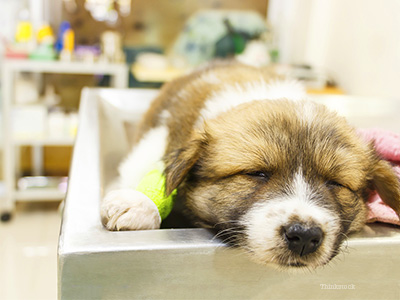
What You Need To Know About Anesthesia And Your Dog
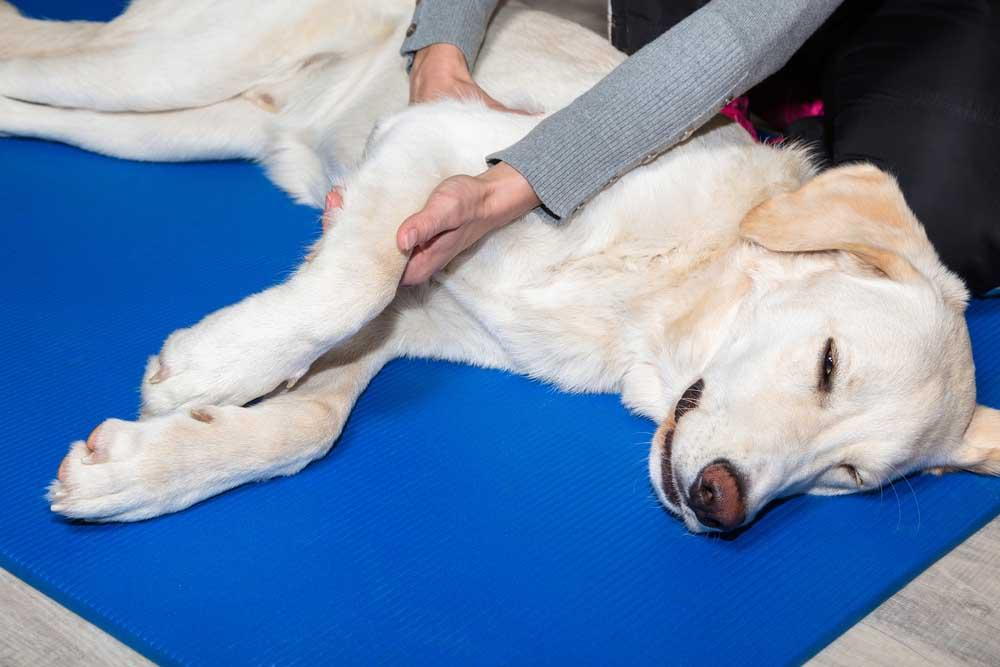
How Will My Dog Act After Anesthesia

Premium Photo Preoxygenation Technique In Dog With Oxygen Mask Veterinary Doctor Prepares Dog For Anesthesia

Dog Anesthesia How Safe Is It And What Pet Owners Must Be Aware Of

Ask A Vet Why Is My Dog Acting Weird After Anesthesia – Nphq Veterinarian

Ask A Vet Why Is My Dog Acting Weird After Anesthesia – Nphq Veterinarian
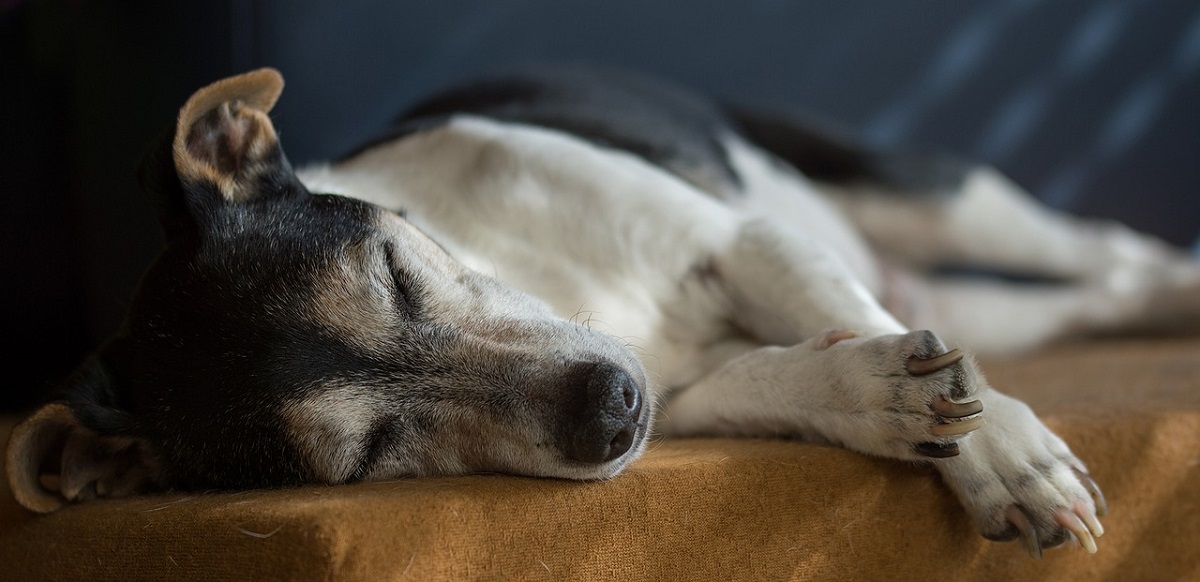
Dog Anesthesia Side Effects What To Know Canna-pet
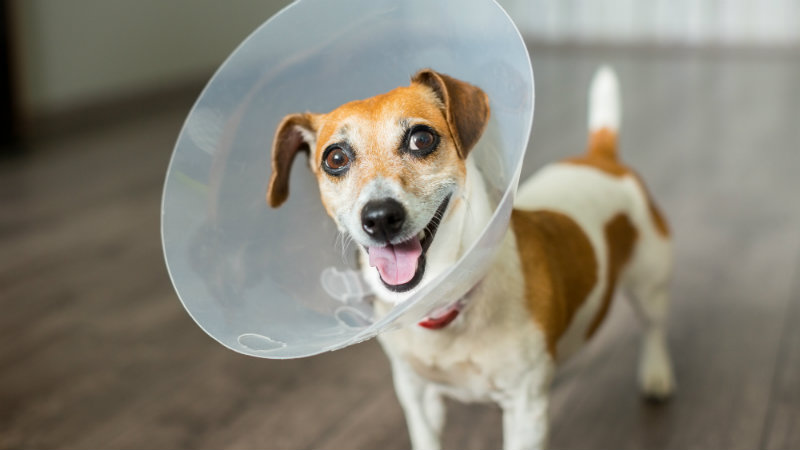
What Happens After I Drop My Pet Off For Surgery – Van Isle Veterinary Hospital

Anesthesia What You Should Know For Your Golden Retriever

How Many Dogs Die From Anesthesia – Mi Dog Guide

What You Should Know About Anesthesia Before You Schedule Your Dogs Veterinary Procedure – Whole Dog Journal

Ask A Vet Why Is My Dog Acting Weird After Anesthesia – Nphq Veterinarian

My Dog Is Acting Weird After Being Under Anesthesia Pet Carrier Verdict

Why Is My Dog Crying After Surgery Dr Phil Zeltzmans Blog

Anesthesia For Cats And Dogs What You Can Expect Msah – Metairie Small Animal Hospital – New Orleans La

Your Pets Surgery An Expert Guide To What To Expect Vet-approved
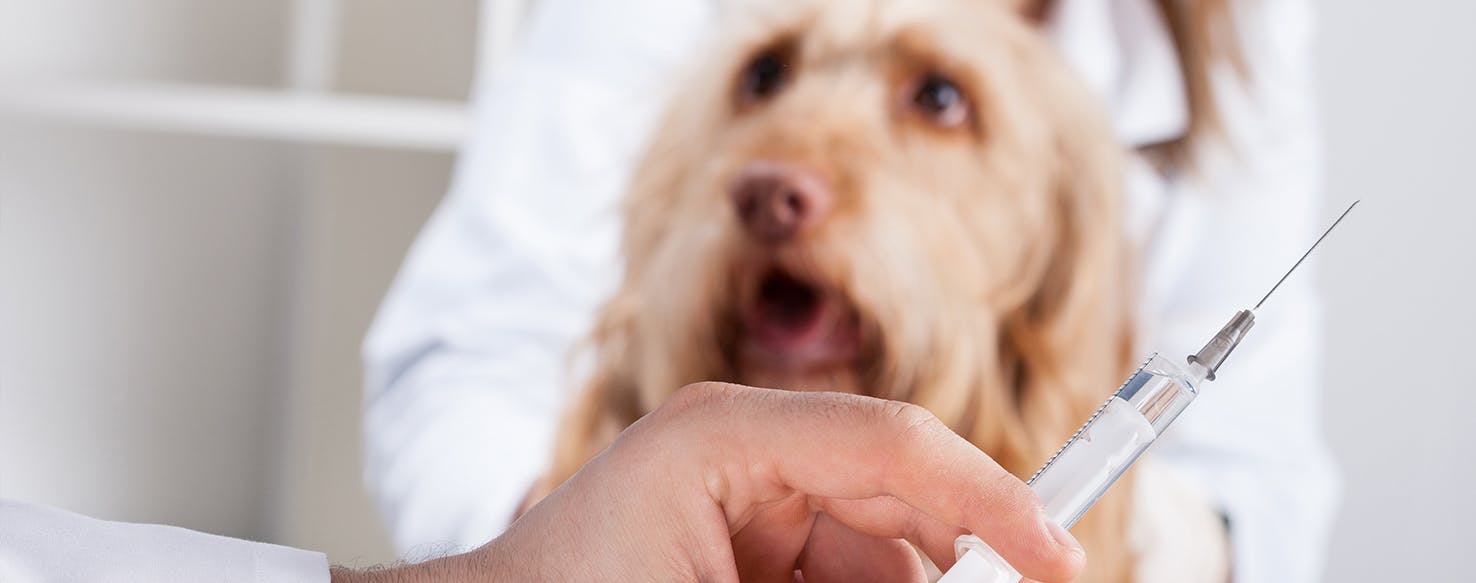
Using Anesthesia On Dogs What To Know

How To Take Care Of A Dog After Surgery – Forever Vets

Ask A Vet Why Is My Dog Acting Weird After Anesthesia – Nphq Veterinarian








